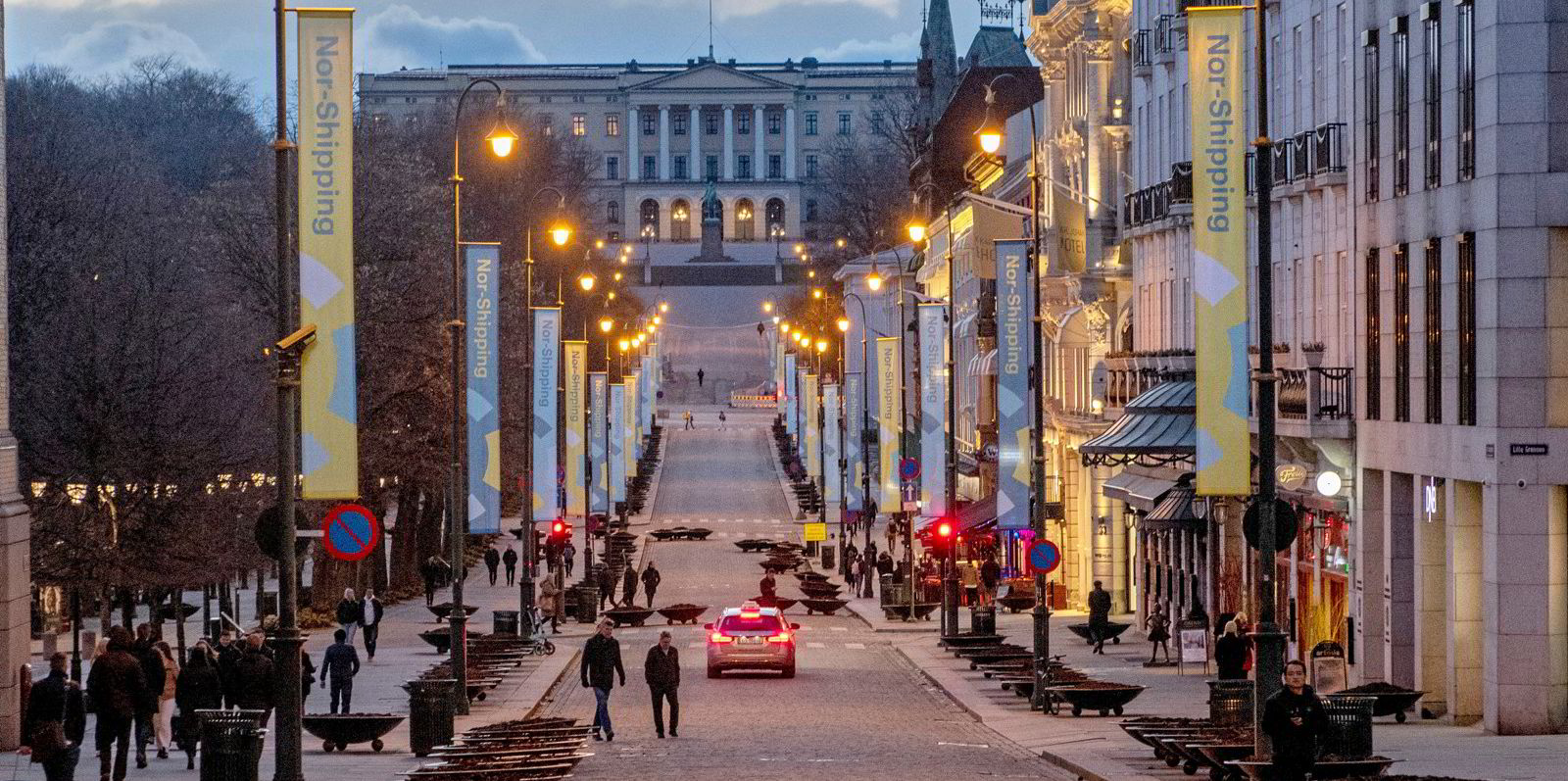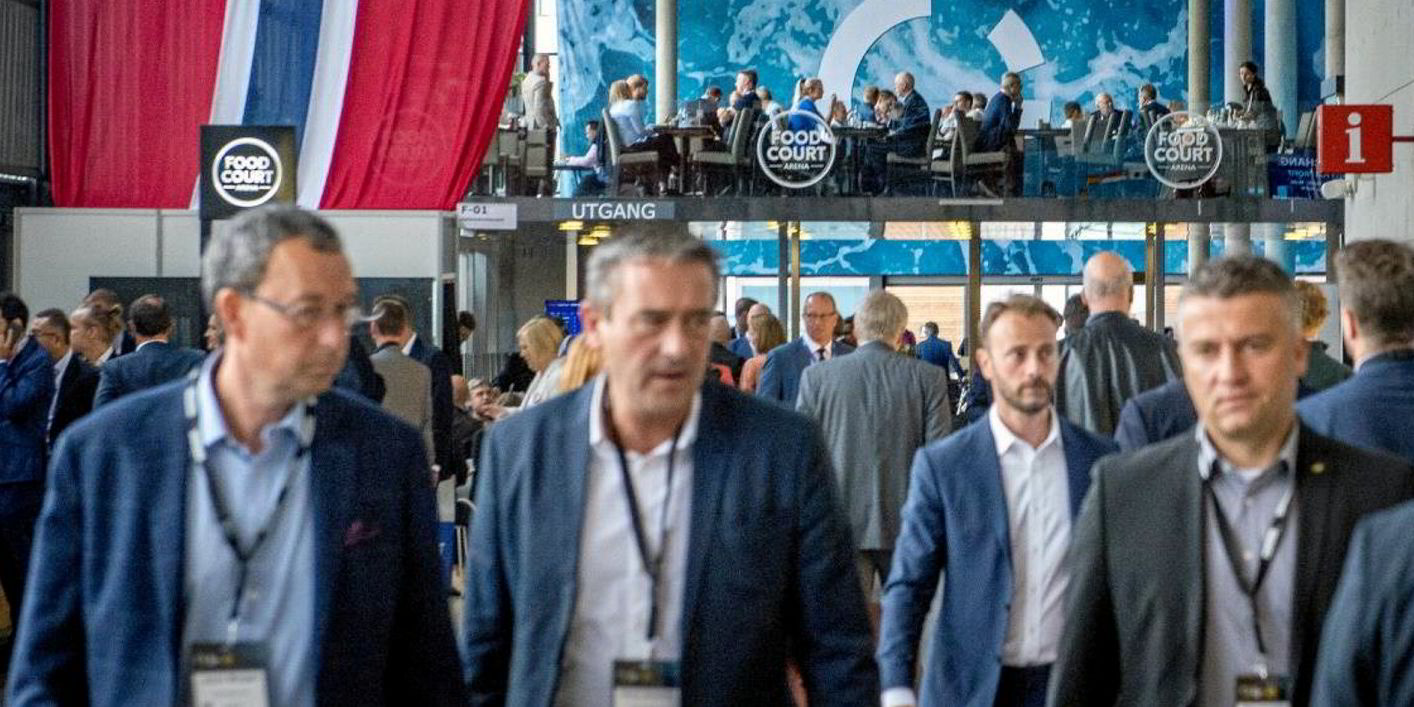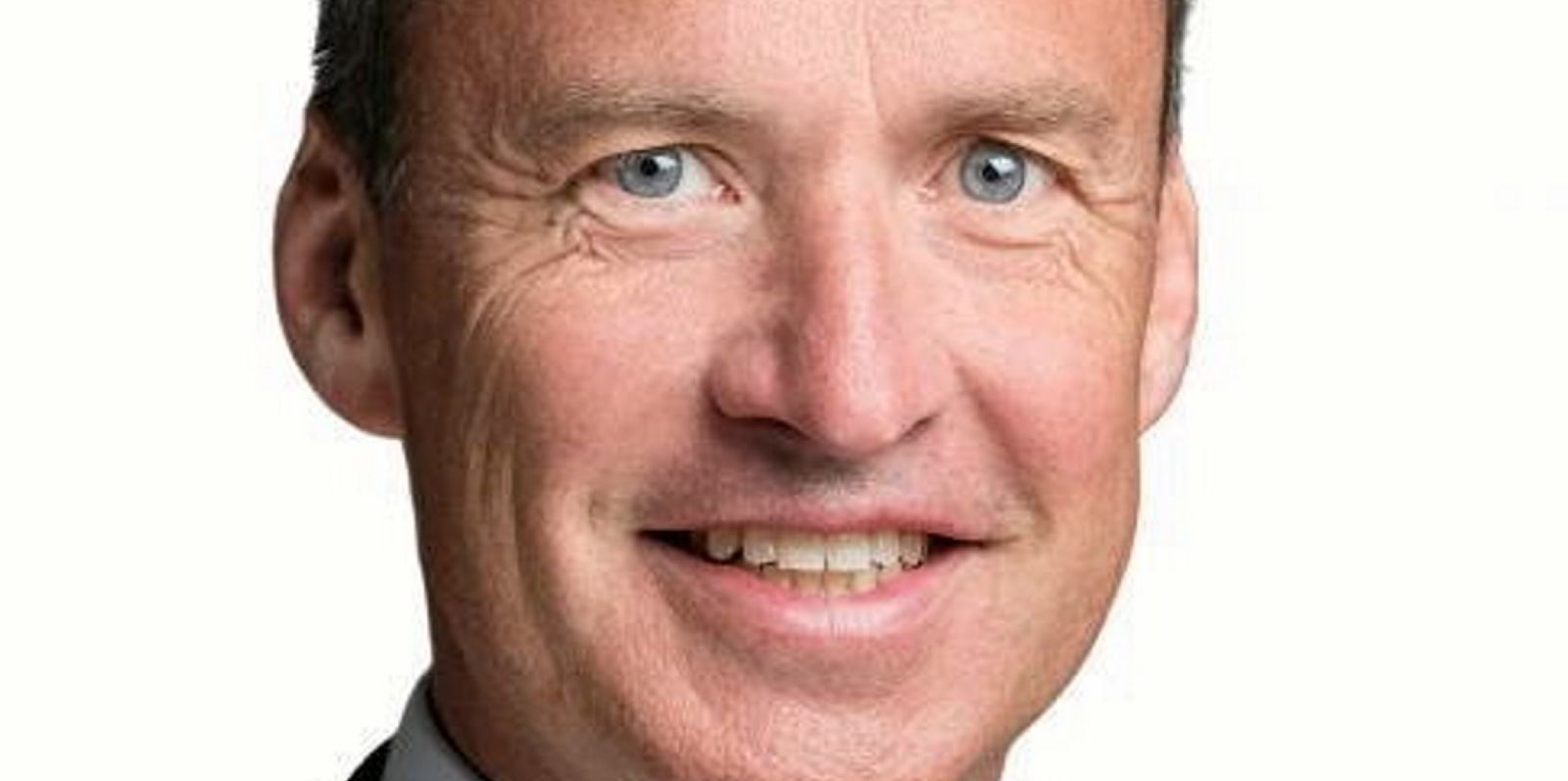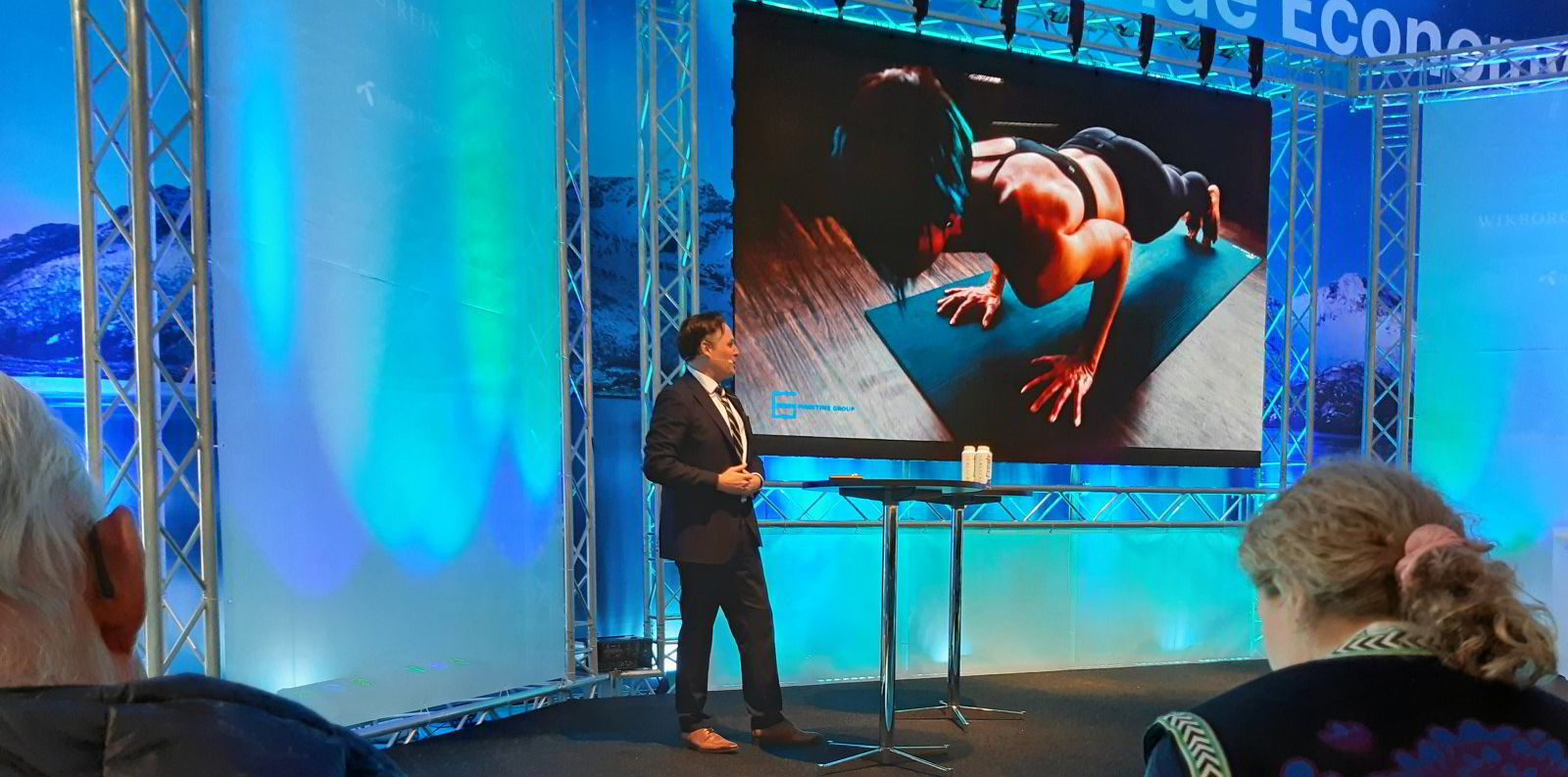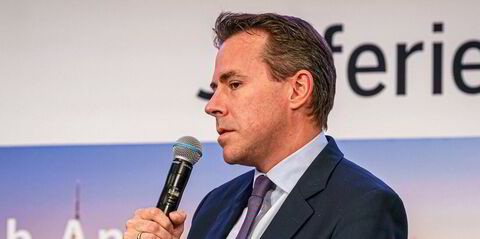All roads lead to Oslo this week, with Nor-Shipping finally meeting in person, after a series of Covid-related postponements.
It was fitting, because Norway is having something of a “moment”.
The Oslo Bors boasts of being the top shipping exchange with $20bn-worth of listings.
The country’s energy is in peak demand too, as many oil and gas buyers pivot away from Russia following its brutal invasion of Ukraine.
And in renewable power, Norway has been setting a pace with companies such as Statkraft, the largest generator of green power in Europe, while national oil group Equinor is doing better than most of its competitors by moving into wind power.
And if any country is going to prosper from a hydrogen fuel revolution when it comes, it looks as though Norway will be right up there.
It is part of a tiny club of countries that can boast that all its electricity comes from renewable power, not least because it is blessed with almost perfect hydropower conditions, combined with a small population.
And when it comes to corporate environmental, social and governance issues, which are so fashionable in the maritime world, Norway was arguably there a long time before the rest of us caught up.
One example: it is now 17 years since Norway introduced a quota law requiring that women make up 40% of corporate boards.
And its social democratic politics remain steadfast while Russia, Brazil, Turkey, India, Hungary and others go for “strongman” populist leaders preaching nationalism and illiberalism.
Oh, and I forgot to mention TradeWinds of course, thanks to unwavering backing from owner NHST.
Unsurprisingly, Nor-Shipping 2022 was packed full of debates and panel discussions on how to green the industry.
A fitting agenda. The United Nations’ Intergovernmental Panel on Climate Change (IPCC) published yet another bone-chilling warning on 3 April about the dangers of further dithering by world leaders and industries on decarbonisation. The International Maritime Organization — another UN body — was not spared criticism in the latest report.
It is “now or never”: greenhouse gas emissions must peak by 2025 if the world is to have any chance of limiting future temperature rises to 1.5C above pre-industrial levels, the IPCC argued.
It is ‘now or never’: greenhouse gas emissions must peak by 2025 if the world is to have any chance of limiting future heating to 1.5C above pre-industrial levels, the IPCC argued
Within 24 hours, in a high-level meeting alongside Nor-Shipping, political and shipping leaders warned that energy and food security concerns resulting from the war in Ukraine risked pushing climate change down the agenda.
Unsurprisingly, Kitack Lim, the IMO secretary general, had an uncomfortable time at Nor-Shipping. His plea for more collaboration and cooperation was dismissed as too little, too late by speakers such as Trafigura’s head of fuel decarbonisation, Rasmus Bach Nielsen.
And while Nor-Shipping was celebrating, another important maritime centre was also in conference mode: Singapore.
Among the key speakers there was BW Group chairman Andreas Sohmen-Pao, who warned of an increasingly fragmented geopolitical world with complex sanctions regimes, supply chain disruptions, higher costs and varied maritime regulations.
This is on top of the opportunities and challenges of digitalisation and decarbonisation, and more sophisticated ways of retaining top staff.
Despite these challenges, shipping remains in decent shape, with some sectors of the market — notably containers and, to a lesser extent, gas — suffering an embarrassment of riches.
The fact that Clarksons reports overall newbuilding prices at their highest levels since 2009 is a testament to enormous demand for all kinds of tonnage — as well as the inflationary impact of rising steel costs.
It is becoming hard for shipowners to find a yard able to build tonnage before 2025. It also explains why Oivind Amundsen was able to boast about the huge amount of money raised recently at the Oslo Bors he runs as chief executive. And, as he says, “shipping is in Norway’s DNA”.
Meanwhile, Matt Duke, chief executive of quintessential Norwegian shipping group Grieg Maritime, explained how his staff were working flat out on overcoming the decarbonisation challenge.
The way to push aside the fear of failure, he said, was to “love the people around you, respect them”.
It was a humane message to a conference room upbeat and excited, if haunted around the edges by the brave souls and challenges of Ukraine.
